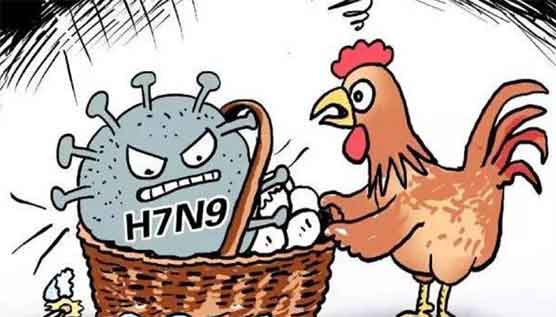
UK’s DEFRA and APHA confirmed H5N1 at a Devon farm on Aug. 31. It’s the 80th case since Nov. 2024, triggering culls and 3km/10km control zones—spooking farmers and shoppers.
London, Sept. 1 – Just as Britain wraps its record-hot summer, another crisis is flaring: H5N1 avian influenza has landed in southwest England. The Department for Environment, Food & Rural Affairs (DEFRA) and Animal and Plant Health Agency (APHA) dropped a joint statement Aug. 31 confirming the highly pathogenic strain at a farm near Devon—a blow to an industry already reeling from 79 prior outbreaks since last November.
The Devon Outbreak: What We Know Right Now
Details are still emerging, but the playbook is familiar—and grim. The infected farm, whose size hasn’t been disclosed, is now ground zero for a rapid containment effort. A 3-kilometer “protection zone” and 10-kilometer “surveillance zone” have been locked in around the site, meaning no poultry or eggs move in or out without strict approval. Every bird on the farm will be humanely culled to snuff out the virus— a heart-wrenching but necessary step, officials say.
“This is why biosecurity isn’t optional—it’s survival,” an APHA spokesperson told reporters, echoing warnings farmers have heard for months. For Devon’s tight-knit farming community, the news hits like a storm. The county’s poultry sector, known for free-range eggs and heritage chicken breeds, already operates on razor-thin margins; an outbreak can sink a small farm overnight.
80 Outbreaks and Counting: A “Relentless” Wave
Let’s put this in perspective: 80 outbreaks in 10 months isn’t a trend—it’s a siege. Last winter, the UK saw its worst bird flu season in years, with millions of birds culled and prices for eggs and turkey spiking ahead of the holidays. Shoppers still remember empty grocery store shelves; now, they’re bracing for round two.
Veterinarians say the virus isn’t letting up. “H5N1 is like a wildfire that never fully goes out,” Dr. James Wilson, a poultry health expert, explained. Migratory birds carry it across borders, and warmer winters mean more of them survive to spread the disease. The UK’s 2025 heatwave might have even worsened risks—stressed birds with weakened immune systems are easier targets for the virus.
Human Risk: Low, But Not Zero
Naturally, social media lit up with fears of human infection—and for good reason. Back in January 2025, the UK Health Security Agency (UKHSA) confirmed a human H5N1 case, a rare but chilling reminder the virus can jump species. But officials are quick to calm nerves.
“The risk to the public remains very low,” the UKHSA emphasized in a follow-up statement. Most human cases have links to direct contact with infected birds, not grocery store eggs or cooked chicken. Still, #BirdFluTips trended on Twitter, with users sharing reminders to wash hands after handling raw poultry—a habit that never goes out of style.
What’s Next for Farmers and Shoppers?
For farmers, it’s back to hyper-vigilance: locking coops, limiting visitor access, and reporting even small numbers of dead birds immediately. For shoppers, expect possible price hikes—though DEFRA insists there’s no risk of a supply shortage yet. “We’ve built more resilience since last year,” a DEFRA rep said, but resilience only goes so far when the virus keeps coming back.
As Devon prepares for the cull, the message is clear: this fight against H5N1 is far from over. It’s a test of patience, science, and community—and for Britain’s poultry farmers, it’s one they can’t afford to lose.
